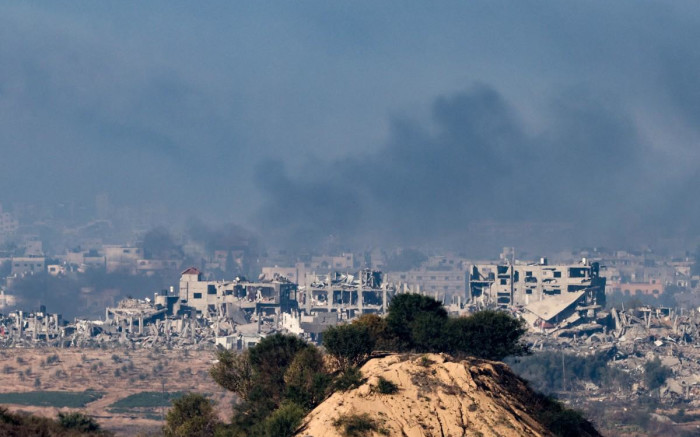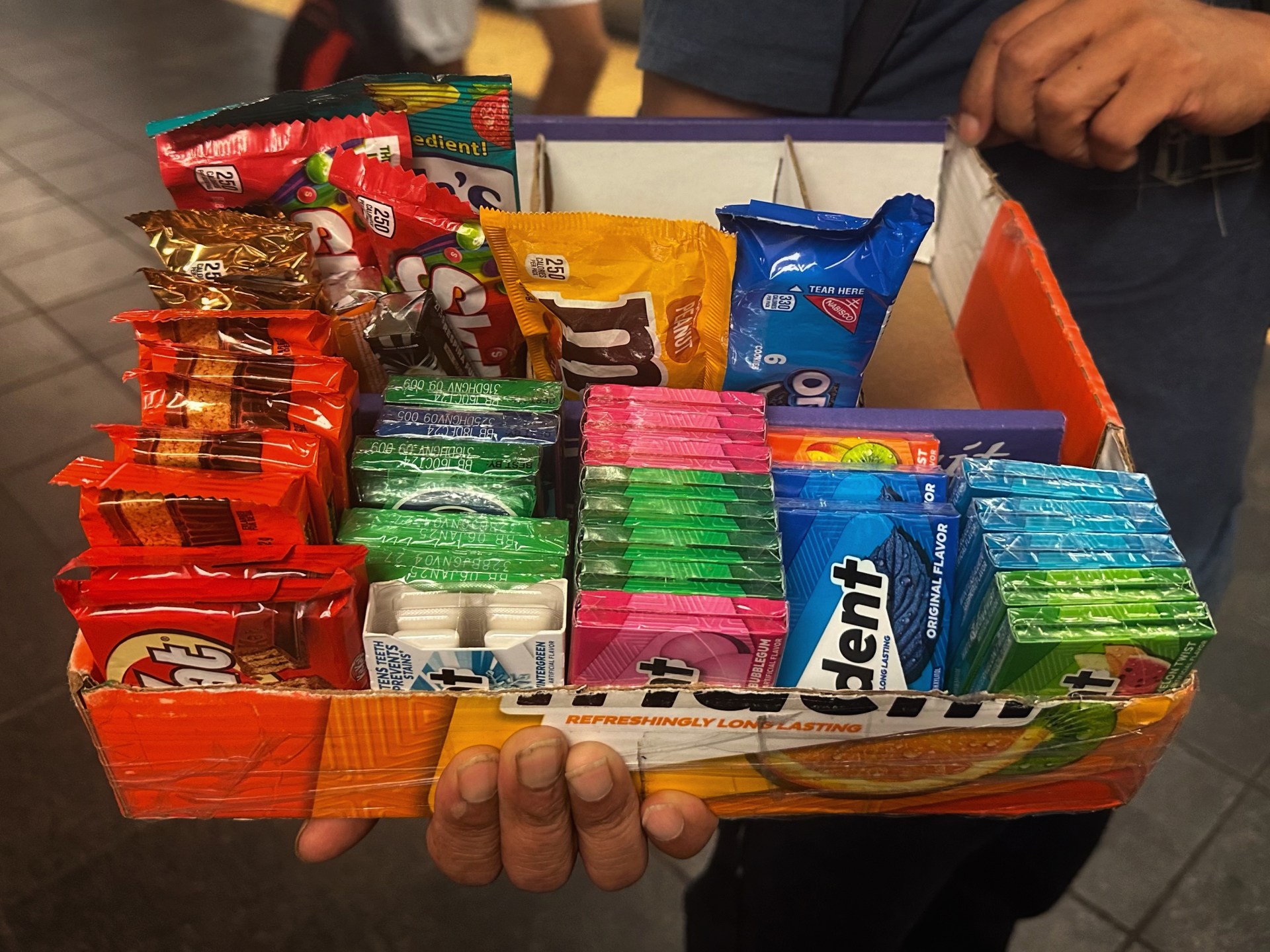
The US says there is “no way” to solve Israel’s long-term security challenges and rebuild Gaza without Palestinian statehood.
Israeli Prime Minister Benjamin Netanyahu has told the United States that he rejects the creation of a Palestinian state as part of a post-war scenario, underscoring divisions between the allies that have been unrelenting for three months Military attack on Gaza.
In a nationally televised news conference on Thursday, Netanyahu vowed to continue the offensive until Israel achieves a “decisive victory over Hamas” and said he had conveyed his positions on Palestinian statehood to U.S. officials.
“In any future agreement … Israel needs security control over the entire area west of the Jordan,” Netanyahu said. “This clashes with the idea of sovereignty. What can you do?”
“The prime minister must be able to say no to our friends,” he added.
While the US has vetoed UN resolutions calling for a ceasefire, it has called on Israel to scale back the intensity of its war on Gaza and said the creation of a Palestinian state should be part of the “day after tomorrow”.
Following Netanyahu’s comments, US national security adviser John Kirby said there would be no re-occupation of Gaza after the war and stressed that the US remained committed to a two-state solution.
US State Department spokesman Matthew Miller also said Israel now has the opportunity to engage with the idea of a Palestinian state as countries in the region are willing to provide security guarantees.
“There is no solution [Israel’s] “Ensuring lasting security is a long-term challenge, and there is no way to solve the short-term challenges of rebuilding Gaza, establishing governance in Gaza and ensuring security for Gaza without the establishment of a Palestinian state,” said he said at a press conference on Thursday.
He added that despite disagreements between the US and Israel, “our support for Israel remains ironclad.”
“Peace for the Palestinians”
US Secretary of State Antony Blinken concluded his speech last visit to the Middle East last week he said that giving Palestinians a path to statehood could stabilize the Middle East and isolate Iran.
The top US diplomat said the region faces two paths, the first of which envisages “the integration of Israel with security assurances and commitments from regional countries and also the United States, as well as a Palestinian state – at least a path to that state”.
The alternative path, he said, would continue to see “terrorism, nihilism, destruction from Hamas, the Houthis, Hezbollah, all backed by Iran.”
Earlier this week, Prince Faisal bin Farhan, Saudi Arabia’s foreign minister, said at a World Economic Forum panel discussion in Davos, Switzerland, that the kingdom believes that “regional peace includes peace for Israel.”
He said Saudi Arabia would “certainly” recognize Israel as part of a larger political agreement, “but that can only happen through peace for the Palestinians, through a Palestinian state.”
After more than 100 days of Israel’s war on Gaza, relentless attacks have continued, killing at least 24,620 Palestinians. A message blackout Terror attacks in Gaza are entering their seventh day, while raids continue in the occupied West Bank.
The war has also spread to the Middle East, with low-intensity fighting between the Israeli army and Lebanon’s Hezbollah threatening to erupt into all-out war Houthi rebels In Yemen, they continue to attack international shipping while the US launches attacks against them.






Recent Comments